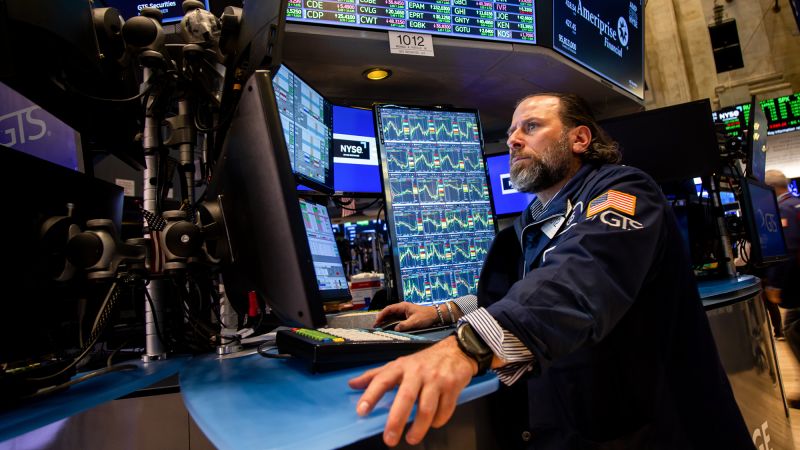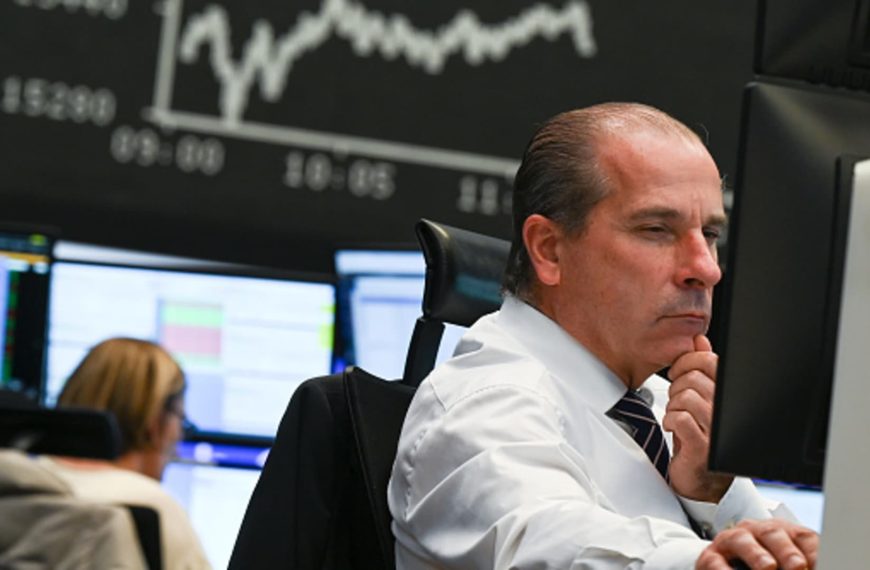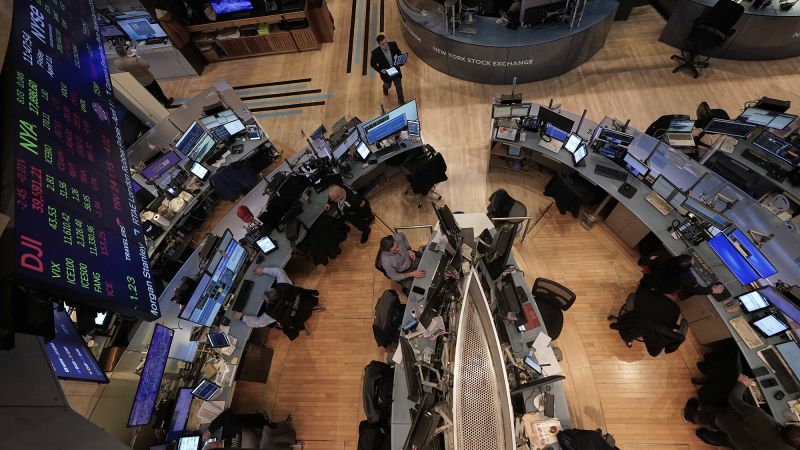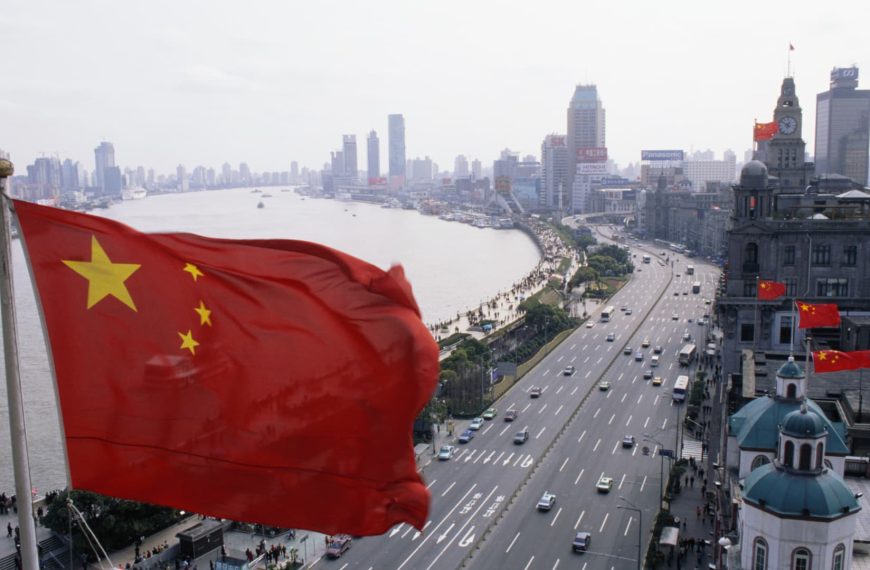The U.S. stock market is experiencing a significant downturn after a brief moment of excitement, following President Donald Trump’s announcement to pause certain tariffs. Despite this temporary relief, the lingering effects of his extensive import taxes have already caused considerable harm to the economy, and experts warn that recovery may not be straightforward.
Market Reactions to Tariff Changes
After a remarkable gain of nearly 3,000 points on Wednesday, the Dow Jones Industrial Average plummeted by over 900 points, marking a 2.25% drop. The S&P 500 followed suit with a 2.6% decline, while the Nasdaq Composite saw an even steeper slide of 3.1%. This volatility comes after the S&P 500 recorded its most significant daily increase since 2008, and the Nasdaq achieved its second-best day in history.
- Positive Initial Response: Traders initially reacted positively to Trump’s decision to temporarily suspend his so-called “reciprocal” tariffs for 90 days. These tariffs, which ranged from 11% to 50%, imposed heavy penalties on numerous countries.
- EU’s Temporary Pause: The European Union also announced it would hold off on retaliatory tariffs, creating a glimmer of hope for a trade agreement.
Economic Outlook Remains Grim
Despite the temporary tariff reprieve, economists are warning of the extensive damage already inflicted. Many analysts foresee a potential recession in both the U.S. and the global economy. Stocks are still significantly below pre-tariff levels, and the existing tariffs, along with uncertainty concerning U.S. trade policies, may weigh heavily on economic recovery.
- Ongoing Tariffs: Despite the pause, the 10% universal tariff imposed on imports remains in effect, as do the 25% tariffs on steel, aluminum, and certain goods from Canada and Mexico. Trump has also indicated plans for additional tariffs on pharmaceuticals, lumber, semiconductors, and copper.
- Recession Predictions: Major financial institutions like Goldman Sachs and JPMorgan maintain that the chances of a recession are still high, with estimates ranging from a coin flip to a 60% likelihood.
Inflation Insights
Recent data showed a sharp decline in inflation for March, which is typically seen as encouraging for investors. However, market focus remains fixated on tariffs and their implications for future economic stability.
- Backwards-Looking Data: As noted by Skyler Weinand, chief investment officer at Regan Capital, the inflation data is retroactive and does little to illuminate the current effects of tariffs on consumer prices.
Escalating Trade War with China
In the midst of this turmoil, President Trump has intensified his trade conflict with China, raising tariffs on Chinese imports to 125%. In retaliation, China has implemented 84% tariffs on U.S. goods entering its market.
- China’s Stance: A spokesperson for the Chinese Commerce Ministry stated that while they are open to negotiations, they will not concede to pressure from the U.S. They emphasized the importance of mutual respect in discussions.
Market Stress Signals
While some investors are relieved by Trump’s decision to suspend tariffs, signs of market tension persist. The bond market showed signs of stress with the 10-year Treasury yield rising above 4.5%, a notable increase from earlier in the week.
- Investor Sentiment: According to ING analysts, the bond market indicates that while the tariff pause is significant, the fundamental issues affecting the market remain unresolved.
Global Market Recovery
On a more positive note, global markets showed signs of recovery. The Nikkei 225 in Japan surged by over 9%, while South Korea’s Kospi climbed 6.6%. European stock indices also experienced significant gains after the EU announced its readiness to cooperate with the U.S. on trade matters.
- European Market Surge: The STOXX 600 index rose by 4.8%, with France’s CAC and Germany’s DAX both increasing by 5.2%.
In conclusion, while the U.S. stock market experienced a brief surge of optimism, the ongoing tariff situation and broader economic uncertainties suggest that the road to a stable and thriving economy may be fraught with challenges. Investors and economists alike will be closely monitoring developments as they unfold.











